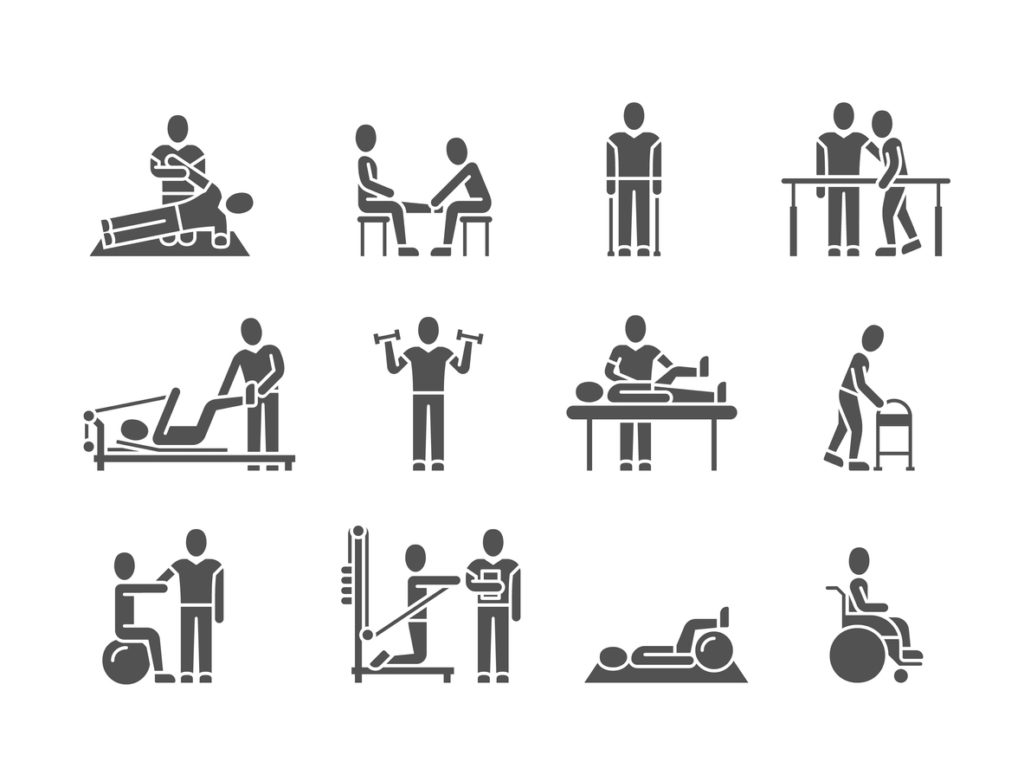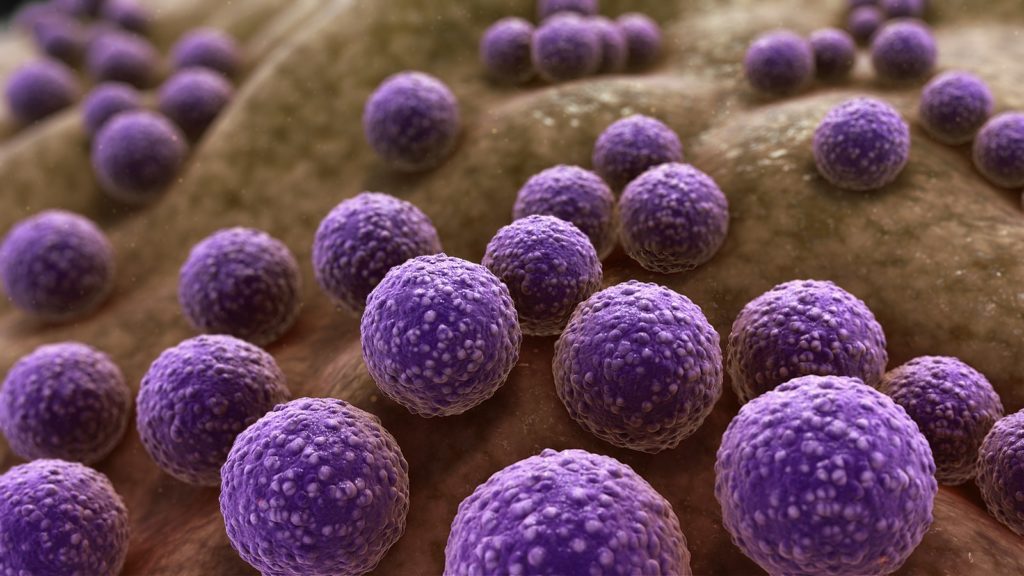This study will examine the effects of HIV on bone marrow cells. Various types of cells from bone marrow will be studied to learn which cells become infected with HIV, what changes occur in the number of or growth patterns of the cells, what kinds of proteins the cells make in the presence or absence of HIV and whether the cells can function normally.
Official Title
Effects of Infection with the Human Immunodeficiency Virus on the Development and Function of Bone Marrow Cells
Conditions
HIV Infection
Study Type
Observational
Study Design
Natural History
Further Details
Hematologic abnormalities occur with high frequency (up to 70% of patients) in human immunodeficiency virus (HIV) infected individuals. The pathogenesis of these abnormalities is not currently understood, although both an abnormal bone marrow environment (e.g., altered growth factor production) and direct infection and dysfunction of progenitor cells themselves have been postulated. Under the current protocol we have studied bone marrow precursor cells from both HIV infected and uninfected individuals and have shown not only that these cells are infectable in vitro with HIV but also infected in vivo in a subpopulation of seropositive individuals. While the effects of HIV infection of precursor cells on subsequent hematopoietic potential is not completely understood, we could not show a clear correlation between in vivo infection of these cells and suppressed hematopoiesis. It seems clear from this study and others that other alterations within the bone marrow environment must play a role in the clinically observed hematologic abnormalities. We therefore wish to continue our studies to elucidate the relative contributions of direct infection of myeloid progenitor cells and alterations in bone marrow environment in the pathology seen in HIV infected individuals. Understanding the pathogenesis of abnormal hematopoiesis in HIV infection will allow investigators to design appropriate therapeutic strategies. Using recently developed techniques we also wish to use bone marrow cells from HIV infected individuals to establish antibody libraries. This will allow the study of immunologically important epitopes on the HIV virion with potential impact on the subsequent design of HIV vaccines or introduction of passive immunotherapy. Thirdly, research in the field of HIV has been hampered by the lack of an appropriate animal model. One promising approach is the use of human bone marrow to reconstitute lethally irradiated Balb/c mice. Once the human hematopoietic system is established in the mouse, it may be possible to infect these animals with HIV and study in an in vivo model the effects of infection on hematopoiesis.
Study Start
Eligibility & Criteria
Genders Eligible for Study: Both Criteria INCLUSION CRITERIA:Both HIV seropositive and seronegative individuals.Aged 18 years or older, male or female.Ability to give informed, written consent.Zairian patients who were studied by the principal investigator on site in Zaire.EXCLUSION CRITERIA:Women who are pregnant.Patients with blood clotting disorders as demonstrated by an elevated PT, PTT or low platelet count.
Total Enrolment
300
Contact Details
[1] National Institute of Allergy and Infectious Diseases (NIAID), 9000 Rockville Pike, Bethesda, Maryland USAAll content and media on the HealthEngine Blog is created and published online for informational purposes only. It is not intended to be a substitute for professional medical advice and should not be relied on as health or personal advice. Always seek the guidance of your doctor or other qualified health professional with any questions you may have regarding your health or a medical condition. Never disregard the advice of a medical professional, or delay in seeking it because of something you have read on this Website. If you think you may have a medical emergency, call your doctor, go to the nearest hospital emergency department, or call the emergency services immediately.







